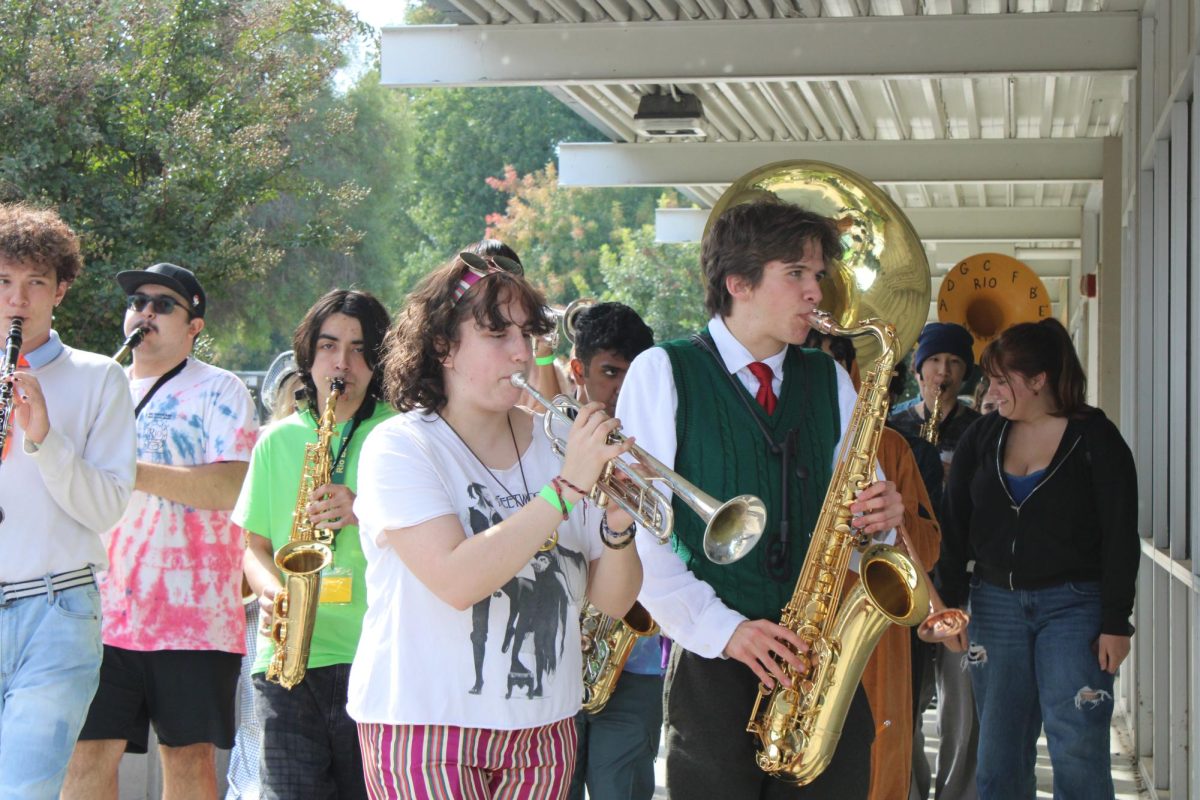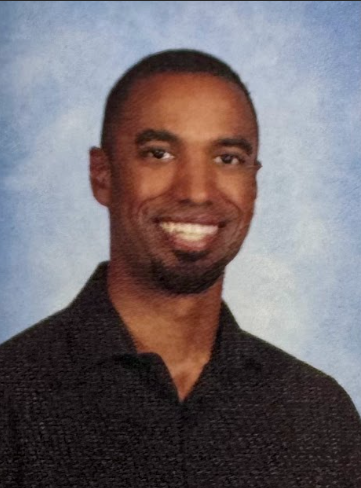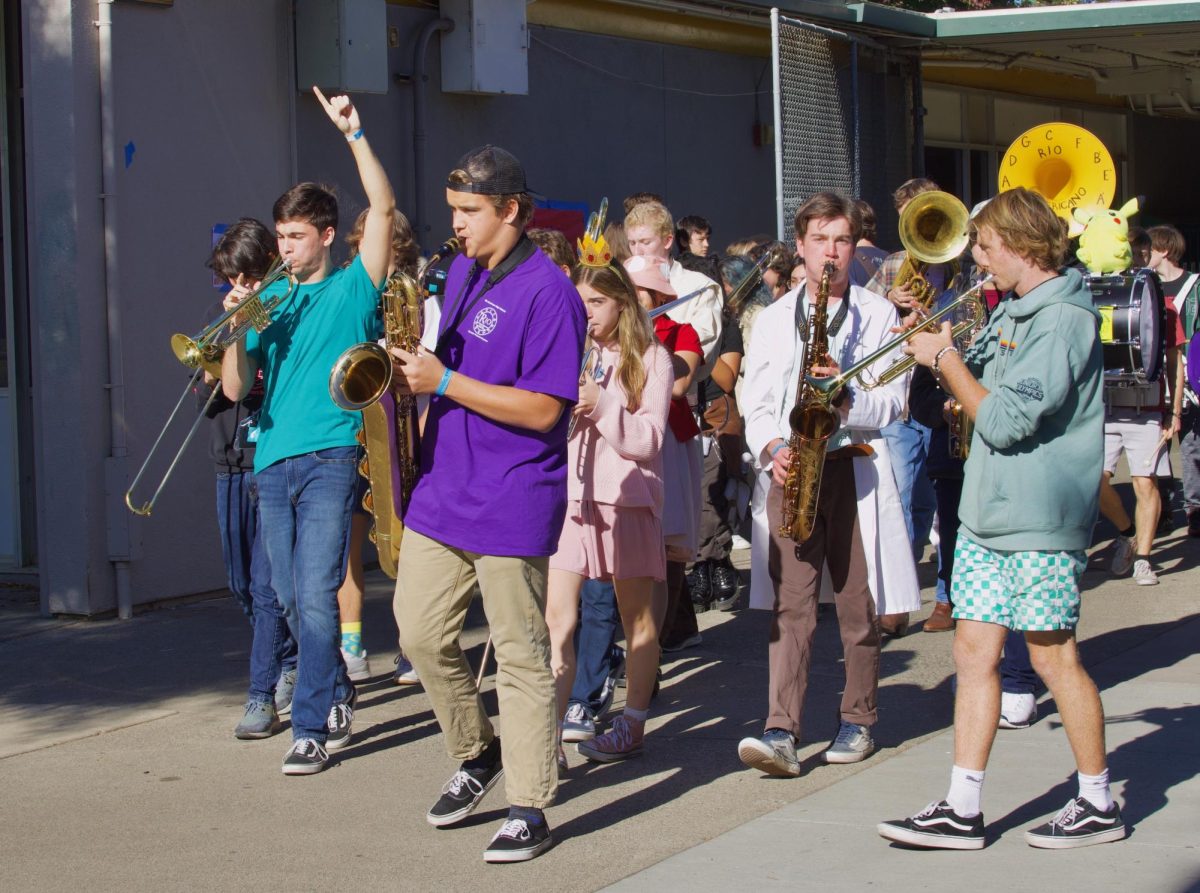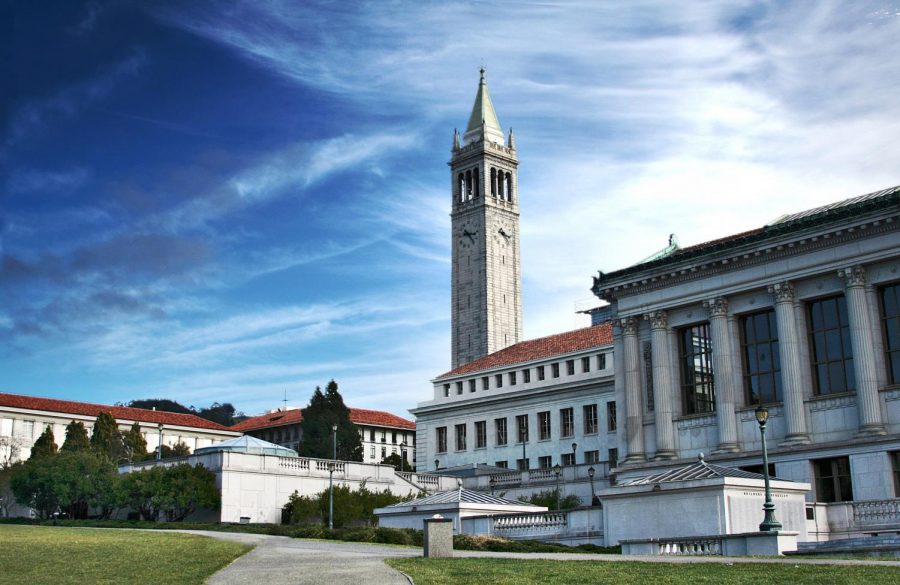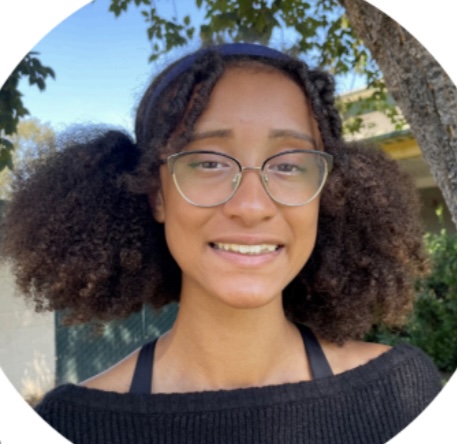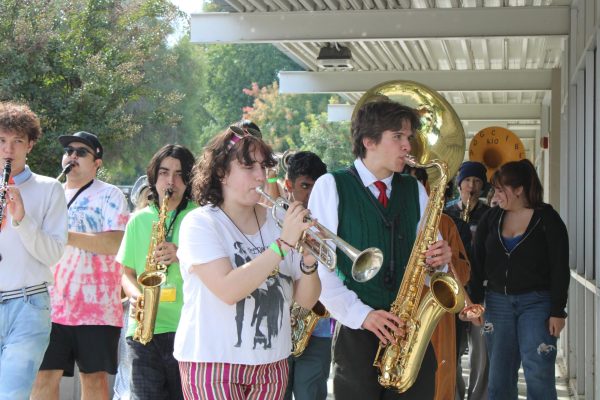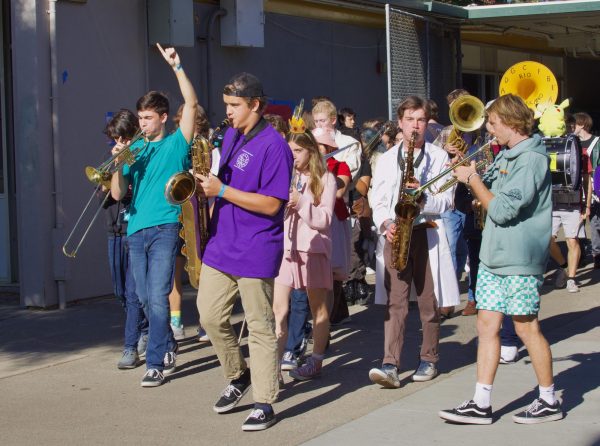Bosnian exchange student gives opinion on the Bosnian Wars

The worst political crisis in Bosnia and Herzegovina since the bloody civil war of the early 1990s, has left Bosnian exchange student Sarah Hamzic shaken but still hopeful.
Hamzic’s mother and other family members experienced first hand the violence that erupted between the country’s Muslim Bosniaks, Orthodox Serbs and Catholic Croats after the break of Yugoslavia. The bloodiest war in Europe since World War II left about 100,000 people dead and displaced millions more from 1992-1995.
“It was a scary time; my grandpa was a part of the Red Cross team so he would sometimes be in the field or places that would pack food and my mom would sit with the entire apartment building in the basement waiting for them to come back–or not,” said Hamzic.
Not only was it not safe at home, but also it was a danger just to go to school growing up in Zenica which is located in central Bosnia. Hamzic recalls a story her mother told her about a childhood friend: “My mom’s friend died walking home from school; the Serbian army threw a grenade at him.”
A Muslim, Hamzic chokes up with emotion when she talks about the massacre in Srebrenica in July 1995, when some 8,000 Muslim men and boys were murdered by Bosnian Serbs.
NATO peacekeepers intervened, and later that year after more than three years of violence, the United States brokered a ceasefire–known as the Dayton Accord for the city in Ohio where it was negotiated. The accord called for the country to be led by three leaders at once representing the three main ethnic groups: a Serb, a Croat and a Bosniak.
Now Milorad Dodik, the Serbian president, is threatening to unravel the agreement. He has said he will withdraw troops from the army and form a new government without other ethnic partners leading to fears this could spark a return to violence. Currently, people there are being expelled from their homes or are targets of gunfire due to religious and political differences.
“I think he is stuck in the past and he just needs to let it go. I hope that my generation feels the same way I do and that we all need to grow up and just learn from the past” said Hamzic as she gives her take on the developments.
Even without renewed conflict, many young Bosnians believe that they will have a better future away from their homeland.
A United Nations’ survey shows that more than half of the younger population plan on leaving Bosnia due to the possibility of having better opportunities elsewhere. However Hamzic has a different take. She plans on leaving for college but also leaves open the possibility to return there in the future to try to change it for the better.
“I do think about going back, but after I get the proper education and what I need for a good future,” said Hamzic. “I don’t think I would get a good quality education in Bosnia.”
She hopes to attend Minerva University in order to gain experience in the world and be able to travel before returning to her native country.
As violence is resurfacing in Bosnia, Hamzic recounts how her family has been affected by the war in the past.
“It was a scary time; my grandpa was a part of the Red Cross team so he would sometimes be in the field or places that would pack food and my mom would sit with the entire apartment building in the basement waiting for them to come back or not,” said Hamzic.
Not only was it not safe at home, but also it was a danger just to go to school. Hamzic recalls a story her mother told her about a childhood friend: “My mom’s friend died walking home from school; the Serbian army threw a grenade at him.”
Many more horror stories center around the Serbians wanting to take over due to them having an issue with Bosnia’s independence. When Yugoslavia fell apart, Bosnia was the last country to become independent and the bordering countries had issues with that. Possibly due to Bosnia not accessing their natural resources and only having one city, the economy fluctuated and allowed Serbia to take over.
Despite the conflicts Hamzic hopes that her generation will be the one to change the relationship between the two countries. “At my school in Bosnia, I have friends that are not Muslim and we all get along; schools mix their students,” said Hamzic.
The previous generation is still stuck on the violence and getting revenge, but she plans on moving past that for a better future.
“Our generation will be the one that will actually do something or at least start trying so the next generations can follow our lead and try to rebuild everything we lost,” said Hamzic.

